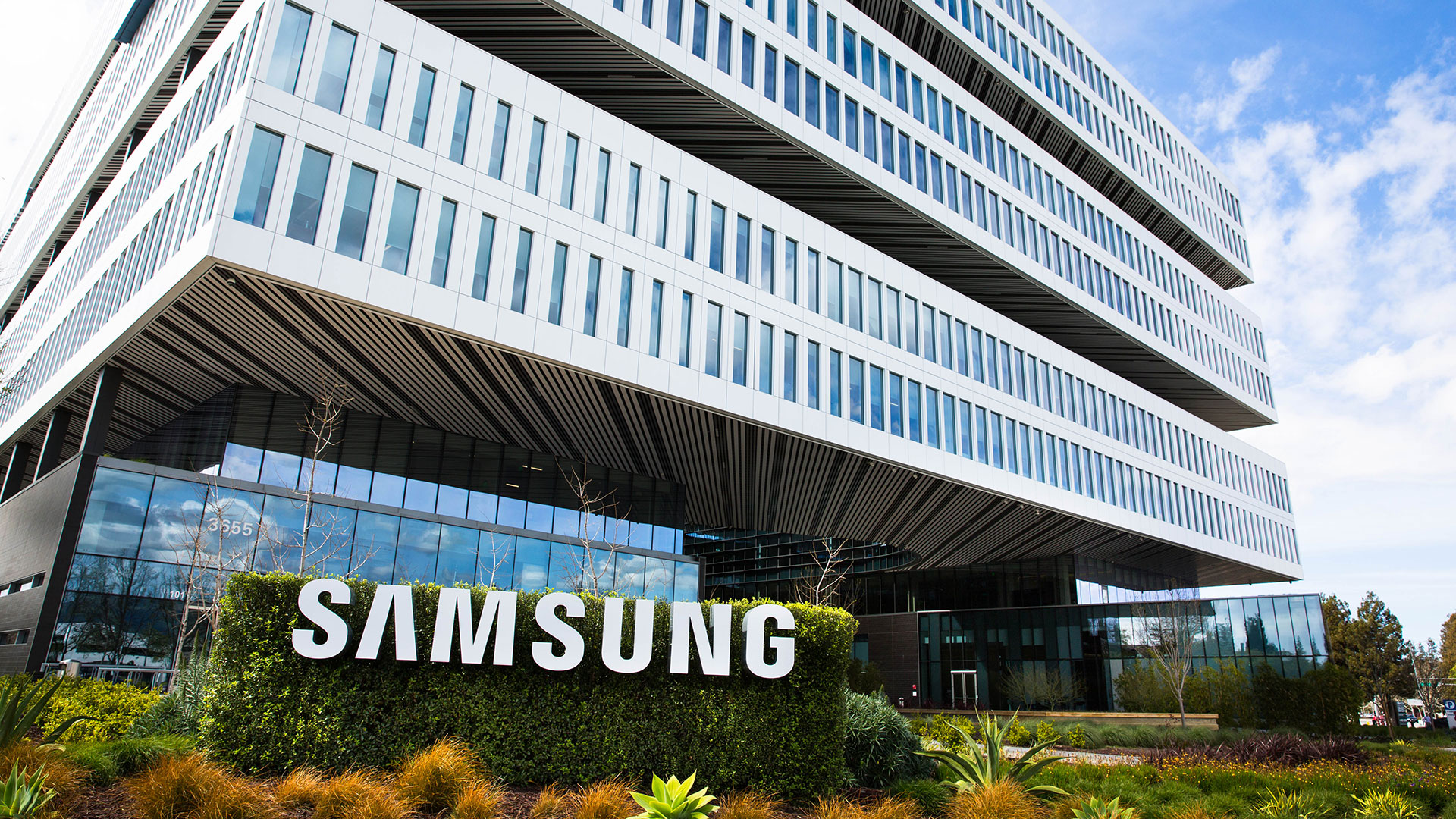Former Samsung execs arrested for allegedly using stolen memory tech to build chip factory in China — suspects leaked $3.2B worth of Samsung secrets
The South Korean allegedly built a chip factory in China to manufacture copied Samsung chips.

South Korean police have arrested two former Samsung executives suspected of leaking Samsung secrets worth $3.2 billion to China. The authorities reported that one of the arrested suspects, 66-year-old Mr. Choi, set up a joint venture building chips in China alongside some local officials and served as its CEO (via Bloomberg). He was allegedly assisted by a plant designer, Mr. Oh, in this venture, while he also attempted to recruit other South Korean experts to work for him.
However, Choi’s arrest comes after being suspected of leaking Samsung memory technologies to build 20nm DRAM chips at the Chinese factory, Chengdu Gaozhen. Samsung is one of the leading memory manufacturers, working with other major companies like Nvidia to produce VRAM while offering its own storage and memory solutions. The police said Choi’s move “weakened the nation’s competitiveness when the countries are in a global chip war.” With the capture of the company’s head, the authorities claim that this will stop the operation of the Chinese venture. However, investigators are still looking into the case to determine if other cases of industrial espionage will spring up from this case.
This isn’t the first time an employee of a South Korean tech company has been arrested for stealing trade secrets. Just last May, a former SK hynix employee was arrested at a South Korean airport for printing 3,000 pages of semiconductor process data. She was suspected of carrying these printed documents in bags for Huawei, although she has vehemently denied all the allegations.
Furthermore, Taiwan has accused China multiple times of intellectual property theft and poaching engineers to further its own chip development goals. While Beijing has remained mum on this issue, the country needs to develop its homegrown semiconductor technology, primarily as it relies on the West for almost 99% of its critical chipmaking tools. That means Washington’s sanctions and bans on the country have gravely set back its technological ambitions.
Nevertheless, China is still keen on building its domestic chip industry, especially as it owns many rare earth mines required for advanced silicon. And as the U.S. and its allies are currently locked in a chip war with the East Asian country, Chinese officials might secretly be condoning these actions. After all, all’s fair in love and (chip) war.
Get Tom's Hardware's best news and in-depth reviews, straight to your inbox.

Jowi Morales is a tech enthusiast with years of experience working in the industry. He’s been writing with several tech publications since 2021, where he’s been interested in tech hardware and consumer electronics.
-
cp0x China will do whatever it takes to obtain (read: steal) the technologies necessary to lead in the semiconductor manufacturing space. This has been coming for years, and we've already seen how China operates in order to achieve any possible advantage.Reply
https://www.npr.org/2018/04/09/599557634/it-was-a-company-with-a-lot-of-promise-then-a-chinese-customer-stole-its-technol -
The Historical Fidelity Reply
So, in the beginning, America was the nation with the chip making prowess. Then due to a government decree in Japan, a conglomerate of Japanese companies (Nikon, Hitachi, Mitsubishi, etc.) were given state funding and support with intent to dominate the memory market that eventually resulted in world markets being flooded with memory chips that were priced significantly below any other supplier could offer, resulting in many countries levying dumping charges on Japan to the International Trade Commission which then issued penalty duties on all Japanese sourced memory chips. The Japanese chip industry never really recovered from this, allowing newcomers in South Korea and Taiwan to fill their shoes.Pei-chen said:That’s how Samsung started with the Japanese wasn’t it?